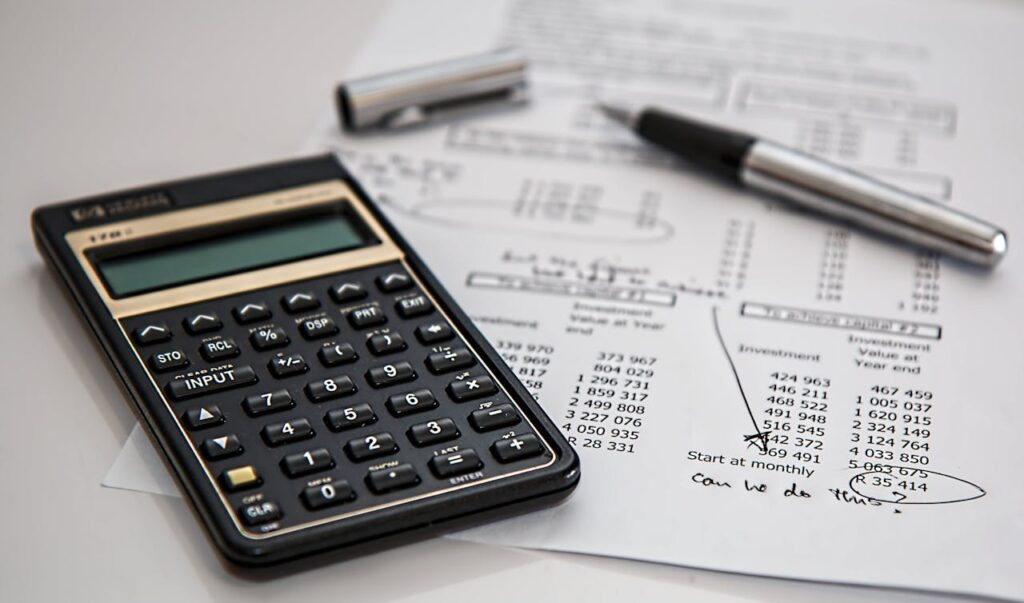In today’s fast-paced business world, accountancy is no longer just about ledgers, calculators, and spreadsheets. Technology has transformed the way accountants work, enabling greater accuracy, efficiency, and strategic insight across every industry. Whether you’re managing the finances of a multinational corporation or running a small hospitality business, modern accounting depends heavily on digital tools and innovations.
So, how exactly does accountancy rely on technology—and what does that mean for businesses?
1. Automated Bookkeeping and Data Entry
One of the biggest shifts in accountancy has been the move from manual to automated processes. Cloud-based software like Xero, QuickBooks, and Sage can now automatically pull in bank transactions, categorize expenses, and generate financial reports. This significantly reduces the risk of human error while saving time for accountants and business owners alike.
A restaurant accounting firm, for example, might use automation tools to track supplier invoices, manage staff payroll, and monitor daily sales without the need for endless manual input.
2. Cloud Accounting for Real-Time Access
Technology has made it possible for accountants and their clients to access financial data anytime, anywhere. Cloud accounting platforms allow for secure, real-time collaboration, which is especially useful for businesses with multiple locations or remote teams.
For industries like hospitality, where cash flow can change daily, this real-time visibility is essential. Restaurant owners can log in, check their financial performance, and get answers instantly—while their accounting firm can update reports and offer insights without delays.
3. Data Analytics and Forecasting
With powerful analytics tools, accountants are no longer just tracking past performance—they’re helping businesses plan for the future. Technology enables accountants to spot trends, identify cost-saving opportunities, and build data-driven forecasts.
For example, a restaurant accounting firm might analyze monthly sales patterns, food cost ratios, or seasonal fluctuations to help their client prepare budgets and make smarter purchasing decisions.
4. Enhanced Security and Compliance
Accountants deal with highly sensitive financial data, which means security is a top priority. Modern accounting systems use advanced encryption, secure backups, and multi-factor authentication to protect client information.
Technology also helps ensure businesses remain compliant with tax regulations, VAT rules, and reporting standards. Most accounting software can generate tax reports, track deadlines, and even submit returns directly to the relevant authorities—reducing the risk of costly mistakes.
5. Improved Client Communication and Service
Accountancy today is not just about crunching numbers; it’s about offering strategic advice. Technology enables firms to spend less time on repetitive tasks and more time on value-added services, like cash flow planning or tax efficiency strategies.
With tools like video conferencing, secure document sharing, and client portals, firms can deliver a seamless and professional service—no matter where their clients are based.
Final Thoughts
Technology is no longer an optional extra in accountancy—it’s the foundation of how the industry operates. From automating tasks to enhancing client insights and improving security, digital tools have transformed accountants into true business advisors.
For businesses in fast-moving industries like hospitality, partnering with a tech-savvy restaurant accounting firm can make all the difference. With the right systems in place, they gain not just accurate books, but the insight and agility to grow sustainably in a competitive market.

 by Carl Bunton 10 months ago
by Carl Bunton 10 months ago 